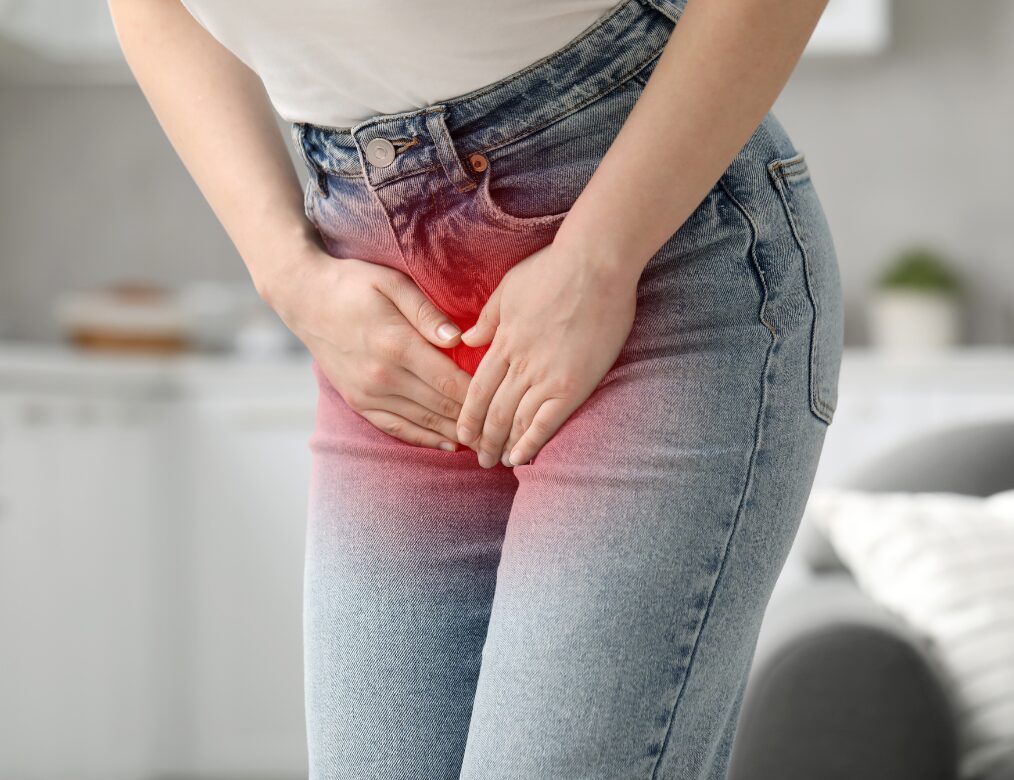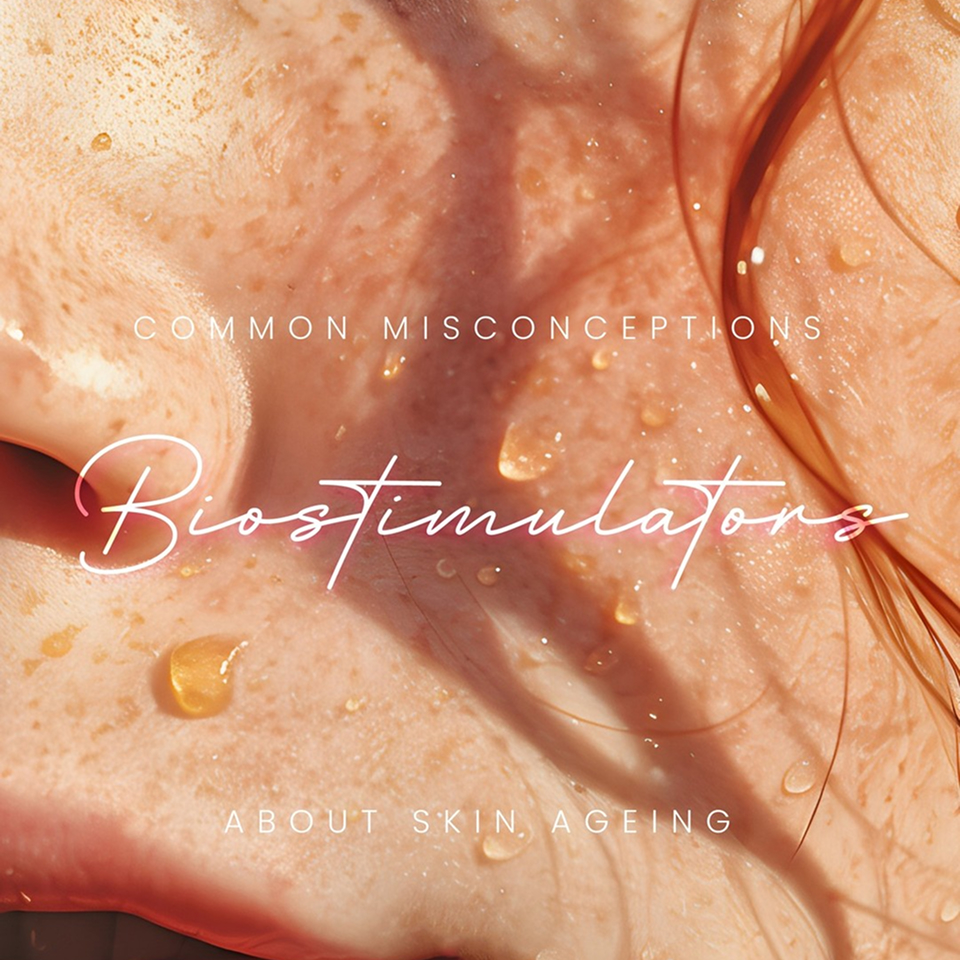Managing Urinary Incontinence: Non-Surgical Options Available in Singapore
Urinary incontinence—the involuntary leakage of urine—affects more women than many realise. In Singapore, where conversations about intimate health are still often considered sensitive, many individuals quietly manage symptoms that can significantly impact daily life, from wardrobe choices to social confidence.
At Asimont Clinic, we understand that even light leakage can be frustrating, whether it occurs during exercise, sneezing, or simply standing up. The good news is that urinary incontinence is not something you have to accept as a normal part of ageing or motherhood. With non-surgical, medically guided options, there are effective ways to manage symptoms and support pelvic health.
Understanding the Types of Urinary Incontinence
Before exploring treatments, it’s important to understand the different types of incontinence:
1. Stress Incontinence
This occurs when physical pressure (like coughing, laughing, or jumping) causes leakage. It’s often linked to weakened pelvic floor muscles, especially after childbirth or menopause.
2. Urge Incontinence
Also known as overactive bladder, this causes a sudden, intense urge to urinate, sometimes followed by leakage. It may be neurological, hormonal, or bladder-related.
3. Mixed Incontinence
A combination of stress and urge symptoms, this is common among women, particularly with advancing age or hormonal changes.
Why Women in Singapore May Experience Incontinence
Several factors contribute to urinary incontinence locally:
- Pregnancy and childbirth (especially vaginal delivery)
- Menopausal changes and lower estrogen levels
- High-impact fitness routines
- Chronic constipation or prolonged coughing
- Pelvic surgeries
- Age-related muscle and nerve changes
When to Seek Medical Advice
Consider a consultation if you:
- Leak urine with exertion (e.g., when sneezing or lifting)
- Experience sudden urges that are difficult to control
- Wake frequently at night to urinate
- Avoid physical activities or social events due to fear of accidents
Many women wait years before discussing these symptoms. At Asimont Clinic, we offer a respectful and medically informed environment for assessment and support.
Non-Surgical Treatment Options at Asimont Clinic
We focus on evidence-based, non-invasive therapies tailored to your lifestyle and comfort level. Treatment begins with a detailed consultation, after which we may recommend:
1. Pelvic Floor Strengthening Protocols
Through supervised muscle training or medical device-assisted therapy, we support pelvic floor recovery. This can help with stress incontinence and improve overall core stability.
2. Low-Intensity Energy-Based Treatments
These treatments (performed only under medical supervision) use targeted energy to stimulate collagen production and improve mucosal integrity in the urogenital area.
3. Lifestyle and Bladder Training Techniques
We provide structured guidance on:
- Bladder retraining
- Timed voiding schedules
- Fluid and caffeine management
4. Topical Support (if hormone-related)
In postmenopausal women, localised estrogen therapy may sometimes be suggested to restore urogenital tissue resilience, following a doctor’s evaluation.
What Happens During a Consultation?
Your session may include:
- Review of symptoms, lifestyle, and birth history
- Physical assessment or pelvic floor evaluation (if appropriate)
- Bladder diary review or urinalysis (if needed)
- Development of a personalised treatment plan
All procedures follow strict PHMC guidelines to ensure safe, ethical, and respectful care.
Can Incontinence Improve Without Surgery?
Yes—especially in early or moderate stages. Many women see improvement through pelvic floor training, tissue-supportive therapies, and behavioural modifications.
Even long-standing symptoms may respond well to consistent, medically guided treatment.
Common Myths About Incontinence
Myth 1: Only older women experience it.
Reality: It can affect women as early as their 20s, especially postpartum.
Myth 2: Surgery is the only solution.
Reality: Many non-surgical strategies are highly effective.
Myth 3: It’s just part of ageing.
Reality: It’s common, but not something you have to live with silently.
Why Choose Asimont Clinic?
- Women’s health-focused care in a discreet, comfortable setting
- MOH-compliant, non-invasive options
- Personalised guidance from doctors experienced in pelvic recovery
- Evidence-informed treatment planning
We believe in empowering women to take charge of their health, no matter their stage of life.
📩 Reclaim Comfort and Confidence
If you’ve been silently coping with urinary leakage, know that support is available. Book a private consultation at Asimont Clinic to explore safe, non-surgical ways to strengthen your pelvic health.













